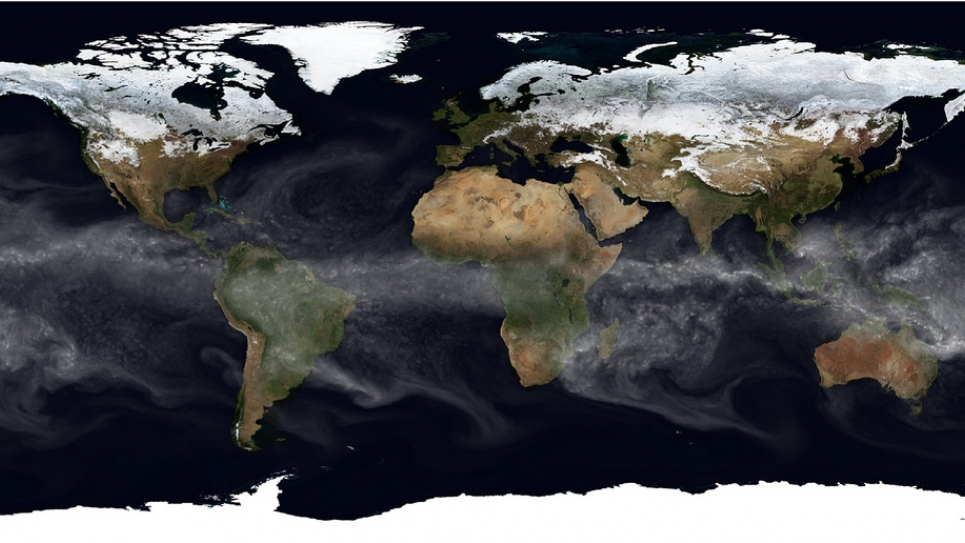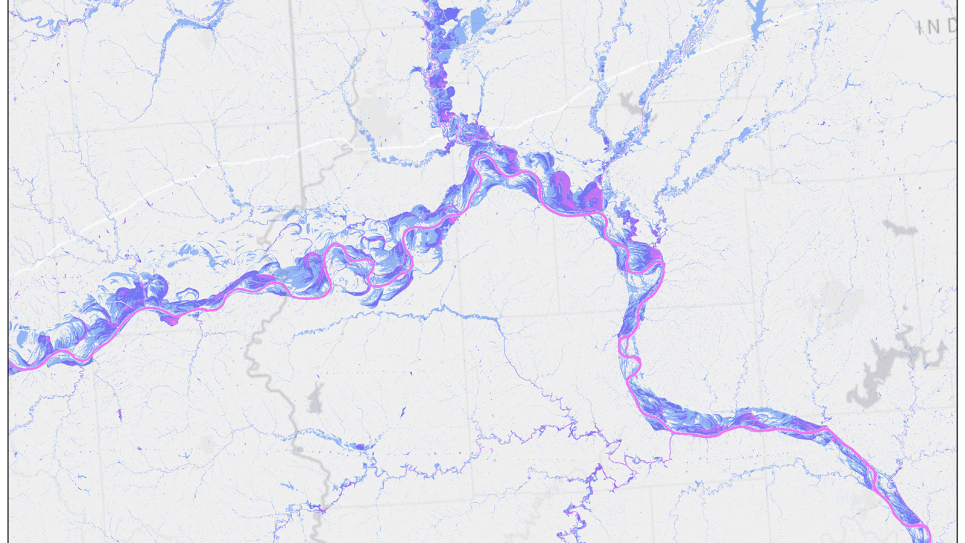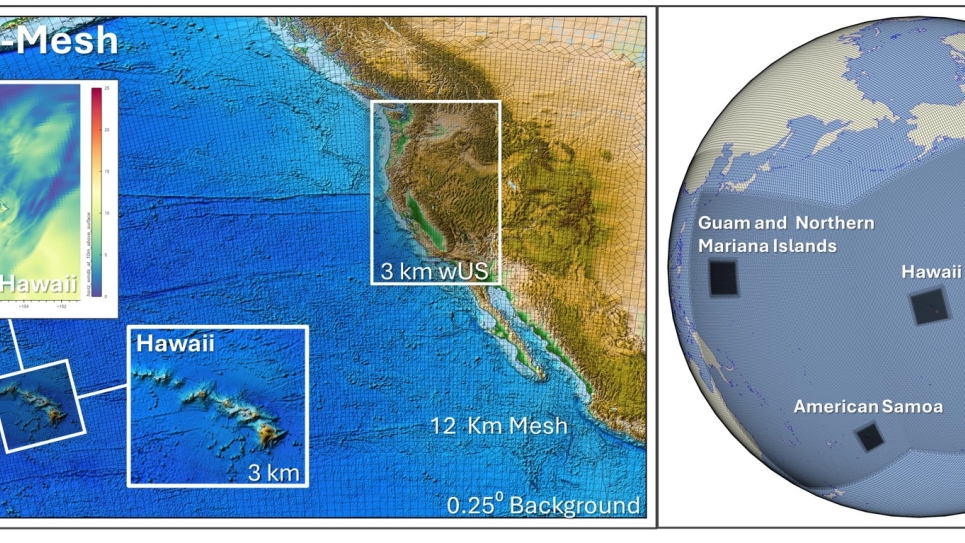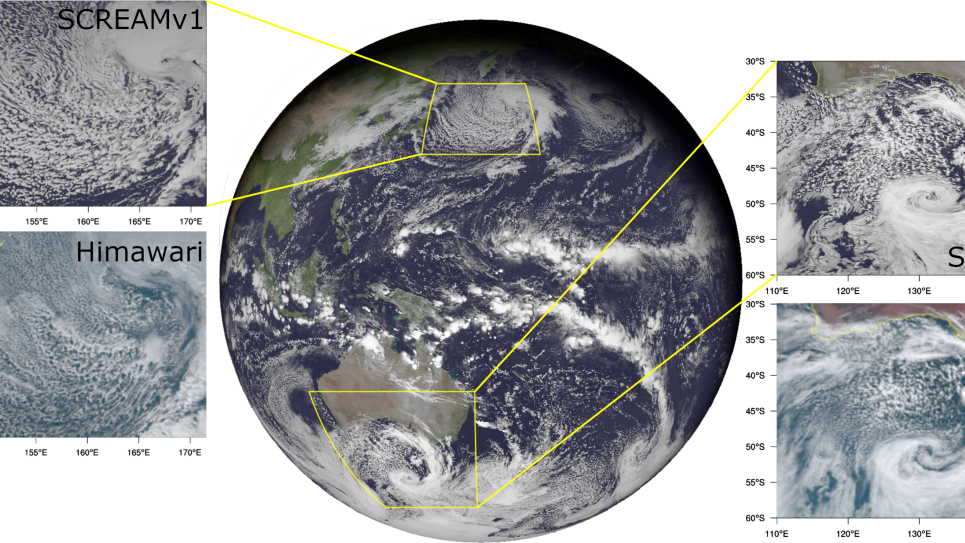
Climate-Science Computational End Station Development and Grand Challenge Team
The effects of climate change are apparent in degrading air quality, intensified tropical storms, and the resulting destruction of coral reefs that protect the coasts from erosion and destructive waves. Global warming increases the occurrence of droughts, heat waves, wildfires, and floods. Scientists must improve the understanding of the impact of global warming so that society can optimally address climate adaptation considerations.
Advanced computation, like that possible on the Blue Gene/P at the Argonne Leadership Computing Facility (ALCF), allows researchers at the DOE laboratories and National Center for Atmospheric Research (NCAR) to develop more complex and intricate climate models. The vital information these improved models provide will help guide environmental policy.
The Department of Energy awards allocations of computing resources for climate studies across multiple laboratories through the INCITE program. In turn, the Climate Science Computational End Station (CCES) organizes and coordinates these computational efforts.
Using ALCF resources, CCES is advancing climate science through both aggressive model development activity and an extensive suite of climate simulations to correctly simulate the global carbon cycle and its feedback to the climate system, including its variability and modulation by ocean and land ecosystems.
Researchers are testing a new, highly scalable method for solving the fluid dynamics of the atmosphere for use in future climate simulations. This model, called HOMME, has run with a resolution as high as 1/8th of a degree of latitude on more than 80,000 cores.
Next, researchers will use HOMME to perform standard climate model benchmark simulations for comparisons with other models. They will also test the new version of the Community Earth System Model on the ALCF’s Blue Gene/P.


